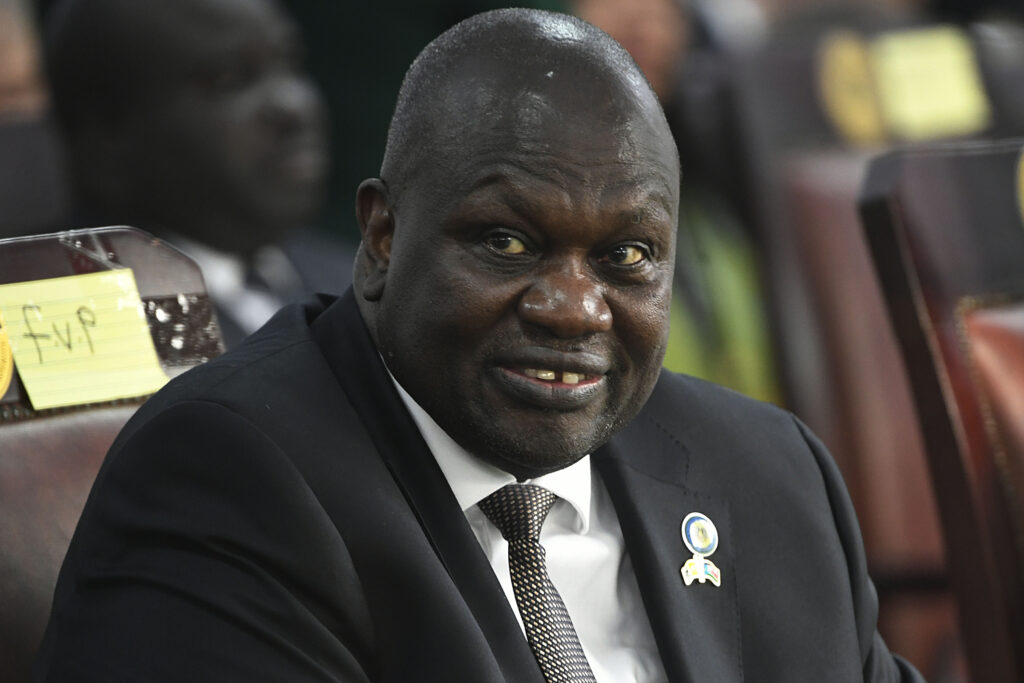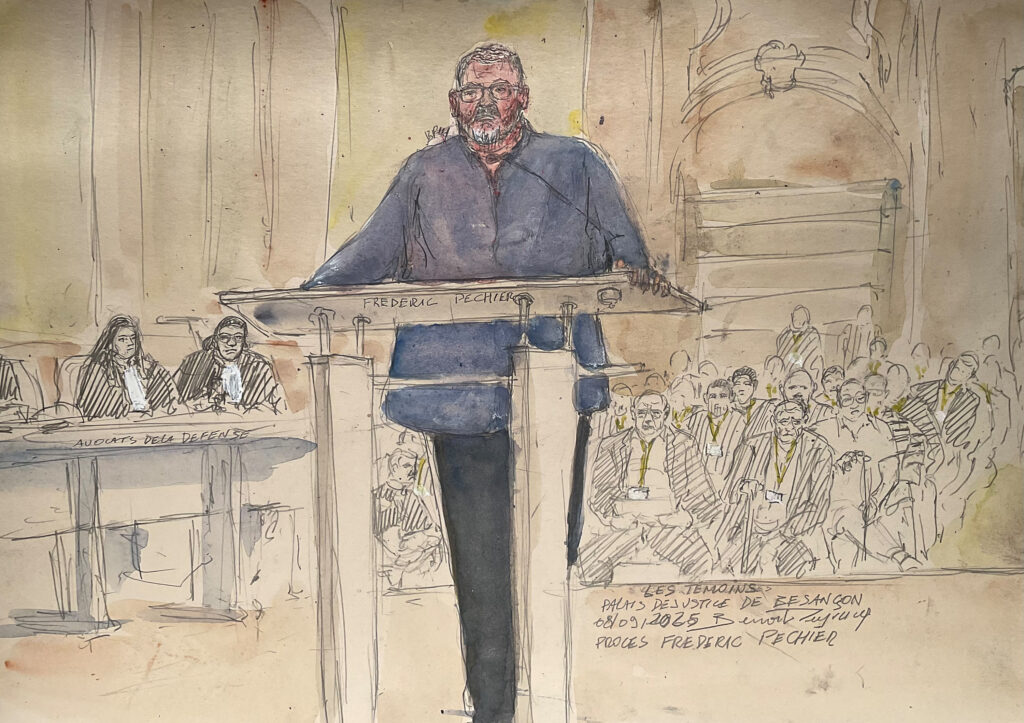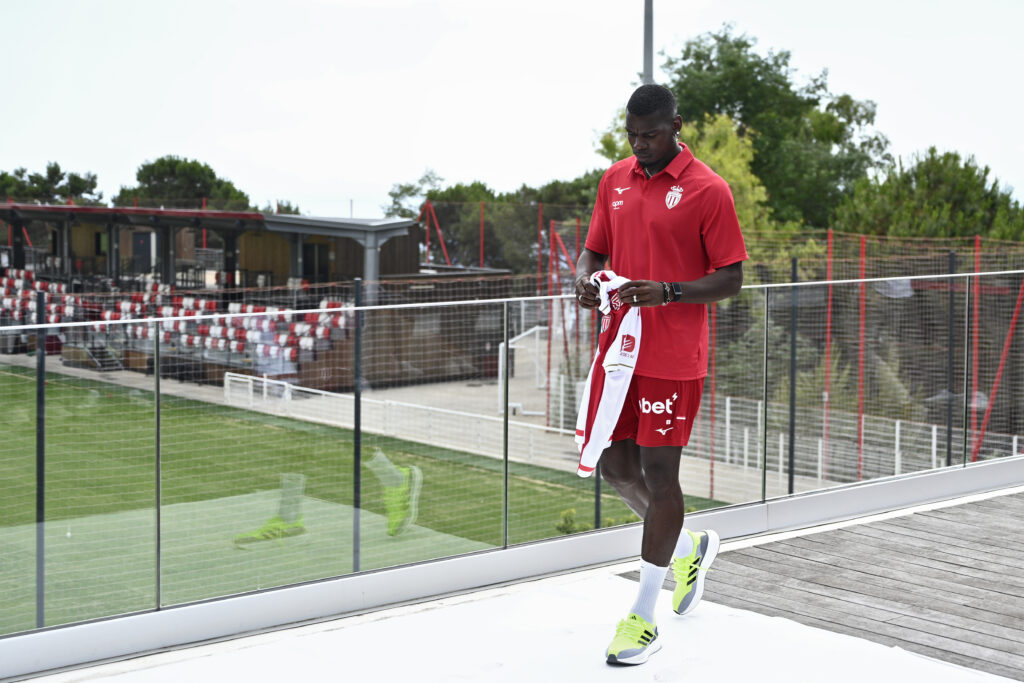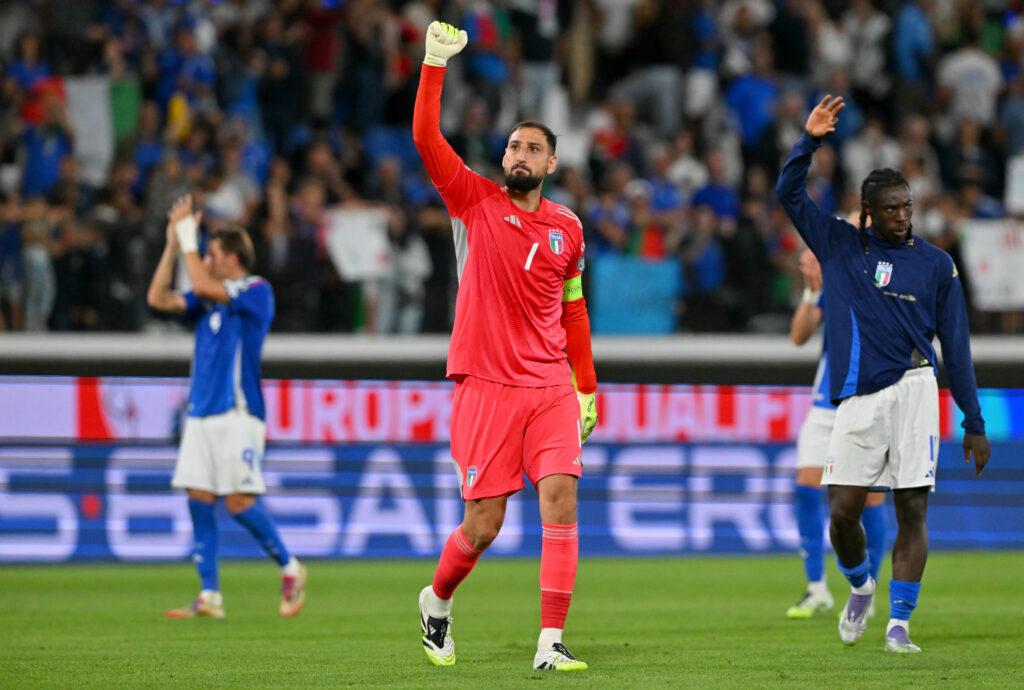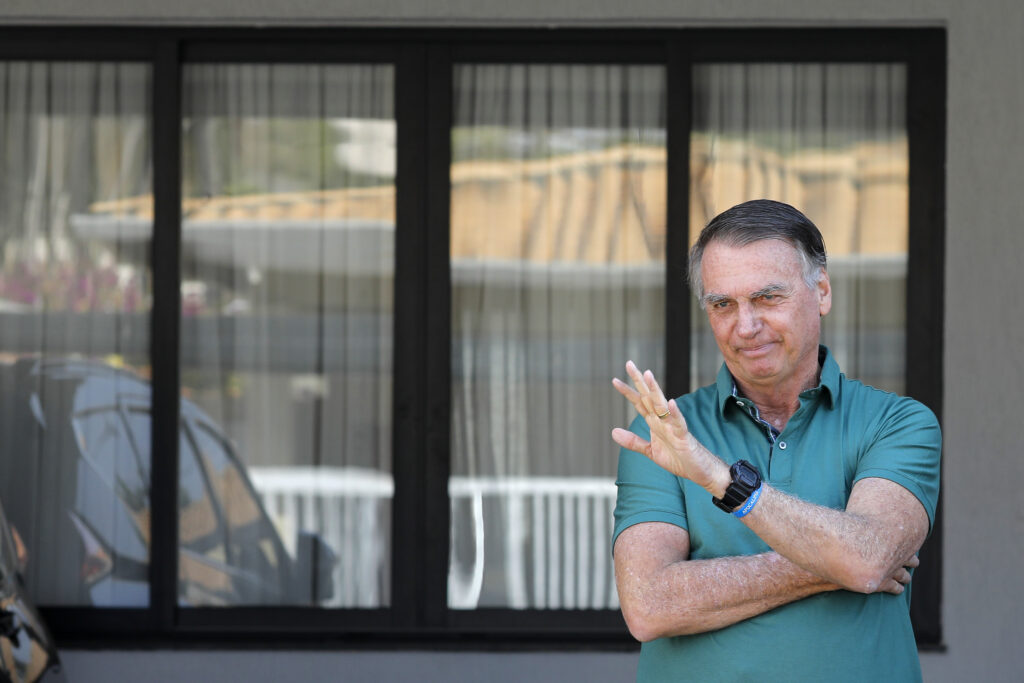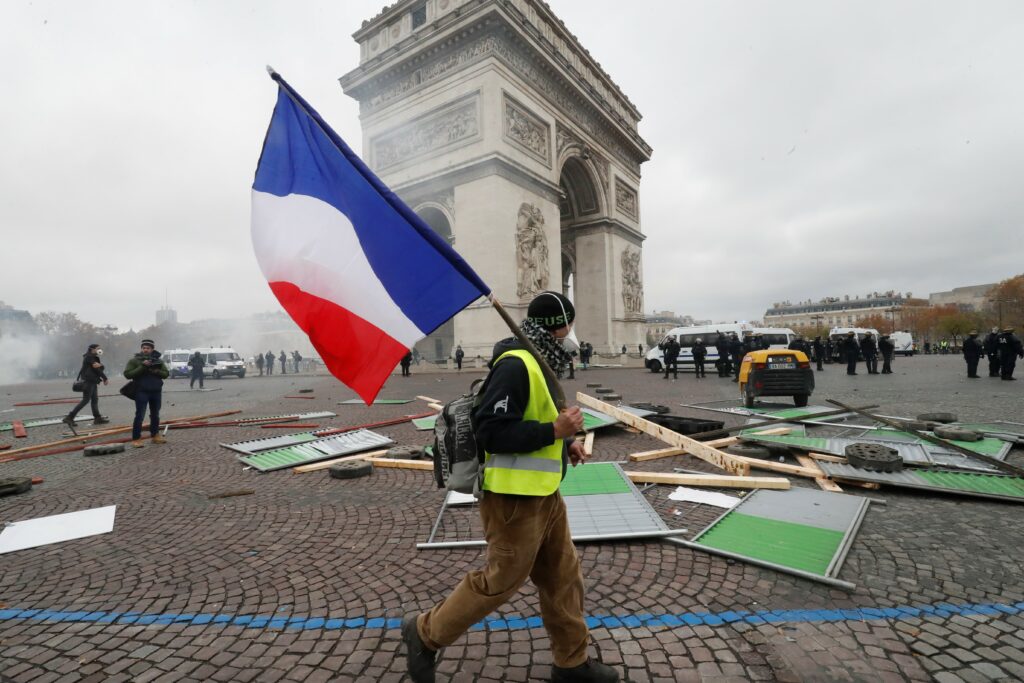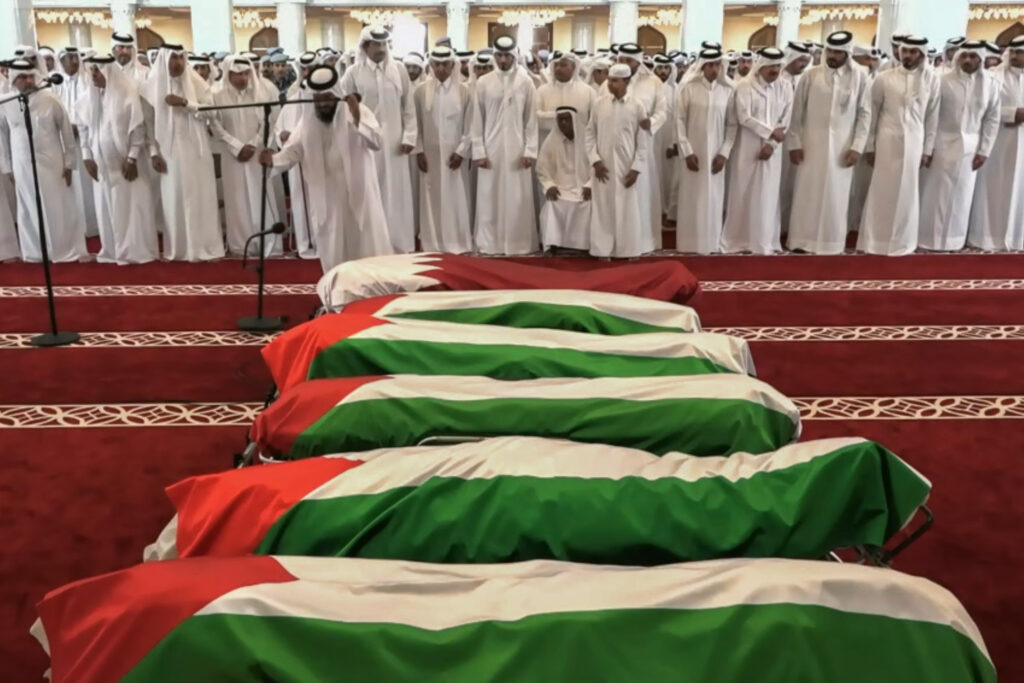Réponse légitime et proportionnée ou succession d’imprudences ? Un CRS a comparu jeudi à Paris pour le jet d’une grenade qui avait arraché la main d’un manifestant lors de l’acte 2 des “gilets jaunes” en 2018.Sept ans après les faits, le major Jackie D., 54 ans, est jugé devant le tribunal correctionnel pour blessures involontaires.Ce 24 novembre 2018, aux alentours de 18H00, dans un contexte très tendu entre manifestants et forces de l’ordre, il avait lancé une grenade GLIF4, un engin contenant une charge explosive constituée de 25 grammes d’un explosif générant un effet assourdissant, une onde de choc et la dispersion de gaz lacrymogène, sur un rond-point en bas des Champs-Elysées. Un manifestant, Gabriel Pontonnier, avait eu la main arrachée. D’autres personnes qui l’accompagnaient, dont son frère, avaient aussi été blessées.”Le débat est de savoir si l’utilisation et le lancer de la grenade ont été utilisés dans le cadre légal et réglementaire prévu, et si des imprudences et négligences peuvent vous être reprochées”, explique le président du tribunal au prévenu.A la barre, le policier, cheveux grisonnants en brosse, justifie son geste. A ce moment-là, “on reçoit un nombre de projectiles qui est démultiplié”, raconte-t-il d’un ton assuré. Dans ce contexte, “j’ai jeté la grenade pour faire reculer les assaillants et faire cesser le nombre de projectiles que mes hommes et moi on reçoit”, souligne-t-il, affirmant ne pas avoir lancé l’engin “au milieu des manifestants” mais entre les CRS et les manifestants.- Conditions “dégradées” -Jackie D. reconnaît que les conditions sont à ce moment-là “dégradées”, la nuit étant tombée et le lieu envahi de fumées de gaz lacrymogènes. Mais il observe qu’il s’est avancé pour jeter la grenade: “Ca permet d’y voir plus clair”.Avant de procéder à ce lancer, il ne fait pas de sommation. Est-il possible de s’en passer ? lui demande le président. “Oui, nous étions réellement pris à partie et l’intégrité physique de mes hommes était en danger”, assure-t-il.Le major n’annonce pas non plus son tir à la radio, “encombrée”. Pour autant, il reconnaît que les conséquences de cet acte sont “catastrophiques” et dit compatir à la douleur de la victime.”Ca a totalement changé ma vie”, témoigne après lui Gabriel Pontonnier, d’une voix à peine audible.Il s’était rendu à Paris avec ses proches pour manifester en faveur du service public, de façon “pacifique”. Des faits, il ne se souvient plus de rien et ne sait donc pas s’il a cherché à ramasser la grenade ou pas.A l’époque, il avait 21 ans, avait validé sa formation de chaudronnier chez les compagnons du devoir et voulait monter son entreprise. “Tous mes projets sont tombés à l’eau”, déclare-t-il, racontant avoir subi 25 interventions chirurgicales et être en dépression.”On est une famille fracturée, cette grenade nous a détruit”, déclare sa mère, qui relate les sept ans d'”enfer” qui se sont écoulés.”Les policiers, ils ont le monopole de la violence légitime mais le revers de la médaille c’est qu’ils doivent être exemplaires”, plaide Me Ainoha Pascual, une des conseils des parties civiles.Or, “malgré la dangerosité” de la GLIF4, un engin classé comme une arme de guerre, “vous avez une accumulation d’imprudences” de la part de Jackie D, estime sa consoeur Me Emma Eliakim. “Il l’a dit lui-même, il ne voyait rien”, poursuit l’avocate, pour qui ce tir a été fait “à l’aveugle”.Sans surprise, le parquet, qui avait requis lors de l’instruction un non-lieu en faveur du policier, demande à l’audience la relaxe, estimant que le tir était “légitime, nécessaire et proportionné”.Pour la représentante du ministère public, bien que “le résultat final soit désastreux”, le policier était “dans son droit”.Le jugement sera rendu le 17 octobre.
